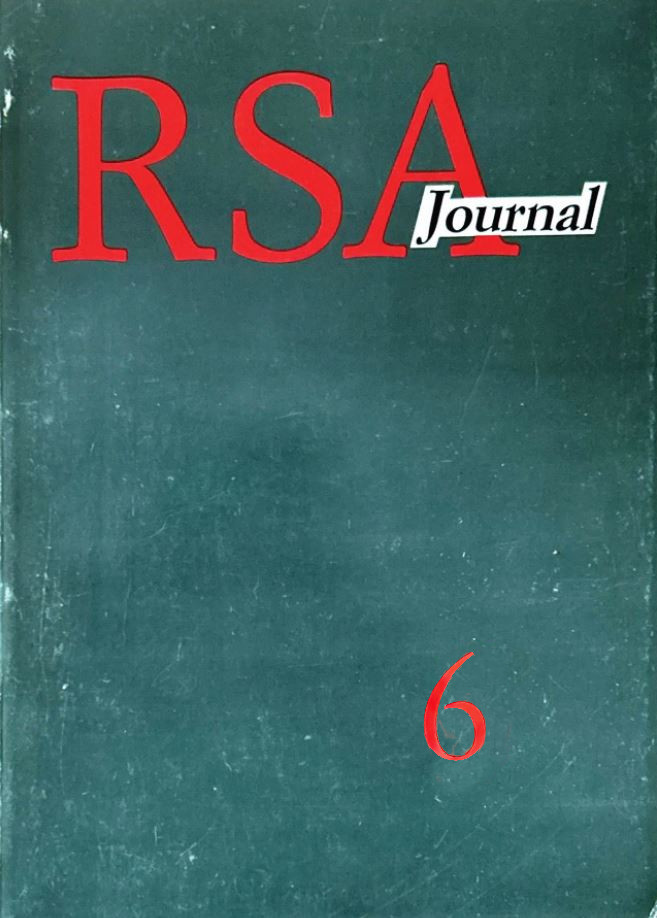John Barth's “Once Upon a Time”
Fiction or Autobiography?
DOI:
https://doi.org/10.13135/1592-4467/9015Keywords:
autobiography, fiction, postmodernismAbstract
John Barth's innovative aesthetics is based mainly on the premise that literary conventions are likely to be transcended or subverted "to generate new and lively work". Little wonder, then, that writing the story of his life he has chosen to disguise it in the form of a novel. Once Upon a Time (and no title could better indicate this intention), structured as it is on a double voyage through space and time, blatantly interweaves fact and fiction in the conviction that the meaning of one's life, like that of history in general, can better be attained only if reality is interspersed with imagination. Given the affinities between Barth's poetics and postmodern modalities of consciousness, this essay comes to the conclusion that Once Upon a Time, more than a fiction, is in fact a perfect example of what can be defined as a typical "postmodern autobiography".
Downloads
Published
Issue
Section
License
RSAJournal will apply a CC BY 4.0 license to all its contributions starting with issue 37 (2026). Previous issues are licensed under a CC BY-NC-ND licence.





